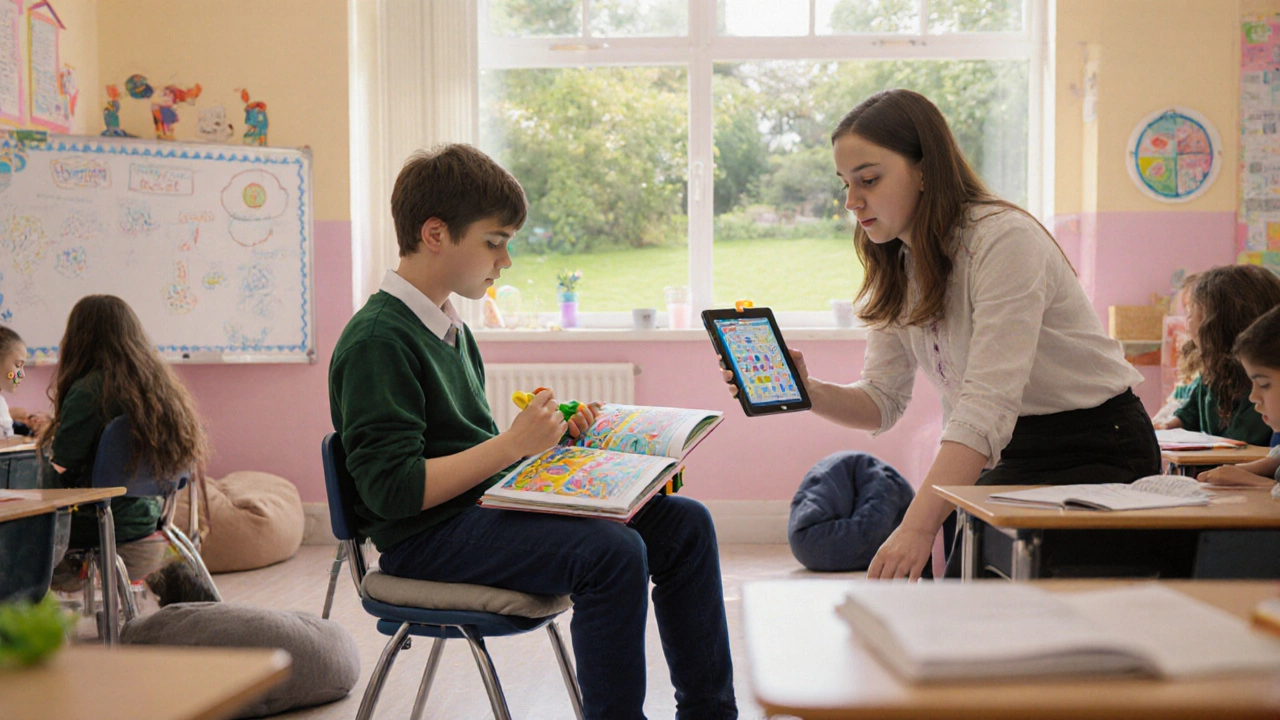Explore why ADHD students require tailored accommodations, the legal basis, types of support, and how they boost achievement and wellbeing.
ADHD Accommodations in Rental Homes: Practical Tips for Landlords and Tenants
If you or someone you know has ADHD, finding a place that supports everyday life can feel like a chore. The good news is that a few easy changes can turn a standard rental into a space that reduces stress and boosts focus. Below you’ll get clear steps you can take right away, whether you own the property or are looking to rent.
Quick Wins for Tenants
Start by talking to your landlord about the specific challenges you face. A short email that lists one or two adjustments—like adding extra lighting, a quiet work corner, or a lockable storage unit—helps keep the request clear. Most landlords like simple fixes that won’t cost a lot.
Ask if the unit can get a plug‑in white noise machine or a small fan. These devices cut background sounds that can distract someone with ADHD. If the lease allows, bring in a portable room divider to create a focused study area without remodeling.
Another low‑cost idea is to install a few organizers. Over‑the‑door shoe racks, magnetic spice tins, or a wall‑mounted key hook keep everyday items in one spot, which means fewer wasted minutes searching for things.
Landlord-Friendly Adjustments
From a landlord’s perspective, the goal is to keep the unit functional while meeting a tenant’s needs. Offer to install extra outlets or USB chargers—these are inexpensive and add value for any renter.
Consider allowing a small, removable wall patch for sound‑proofing. A thin acoustic panel can be glued on and taken down when the lease ends, leaving the walls undamaged.
When you draft the lease, include a short clause that acknowledges reasonable accommodations for neurodiverse tenants. This shows you’re open to dialogue and protects both parties if a dispute arises.
Finally, keep a list of local resources—like ADHD support groups or occupational therapists—on hand. Sharing these contacts can help tenants find professional advice on how to adapt their home.
Small changes add up. A brighter light, a quieter corner, and a bit of extra storage can make a rental feel like a place that works for an ADHD mind. Whether you’re the landlord or the tenant, a cooperative approach turns a standard apartment into a supportive home without breaking the bank.
